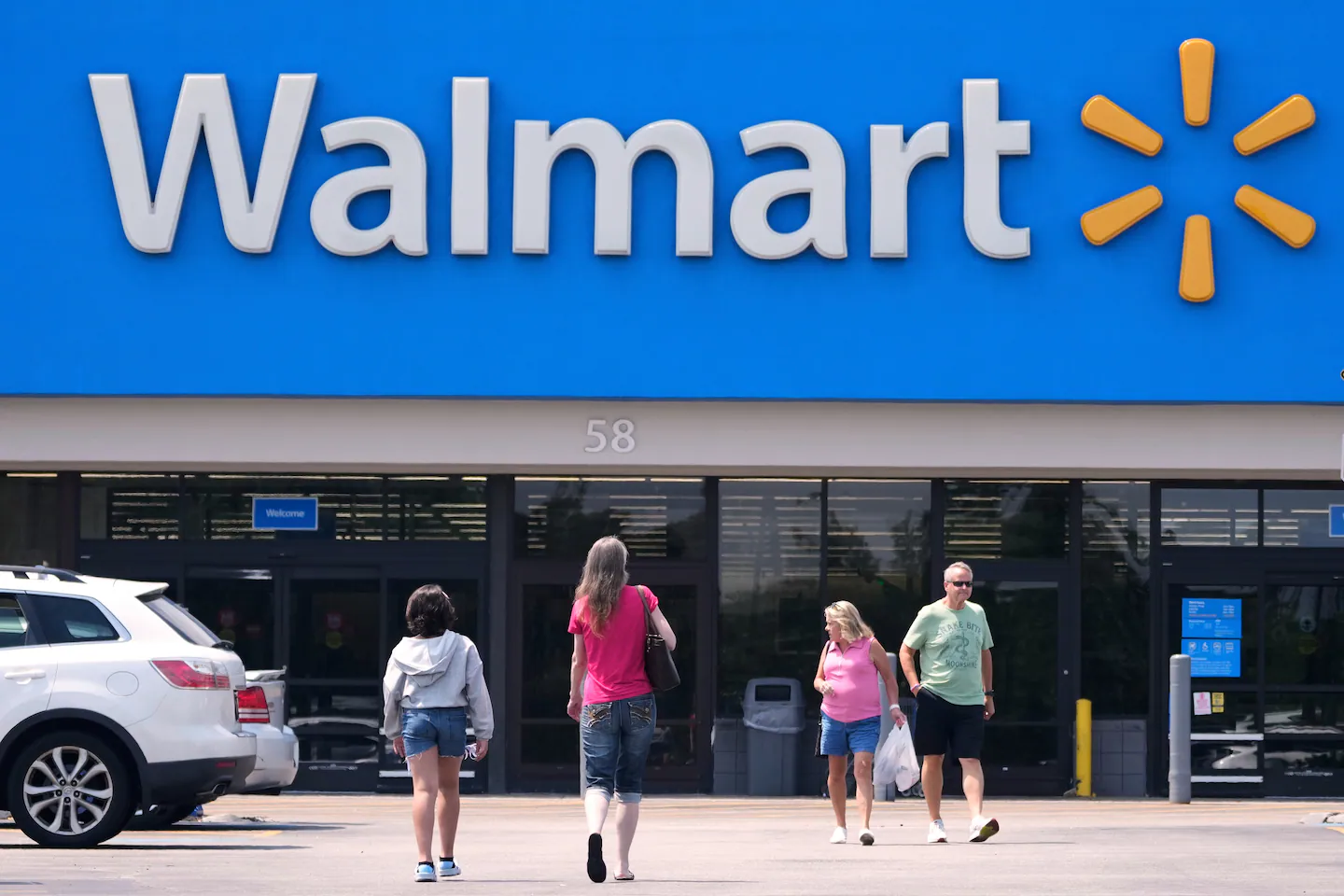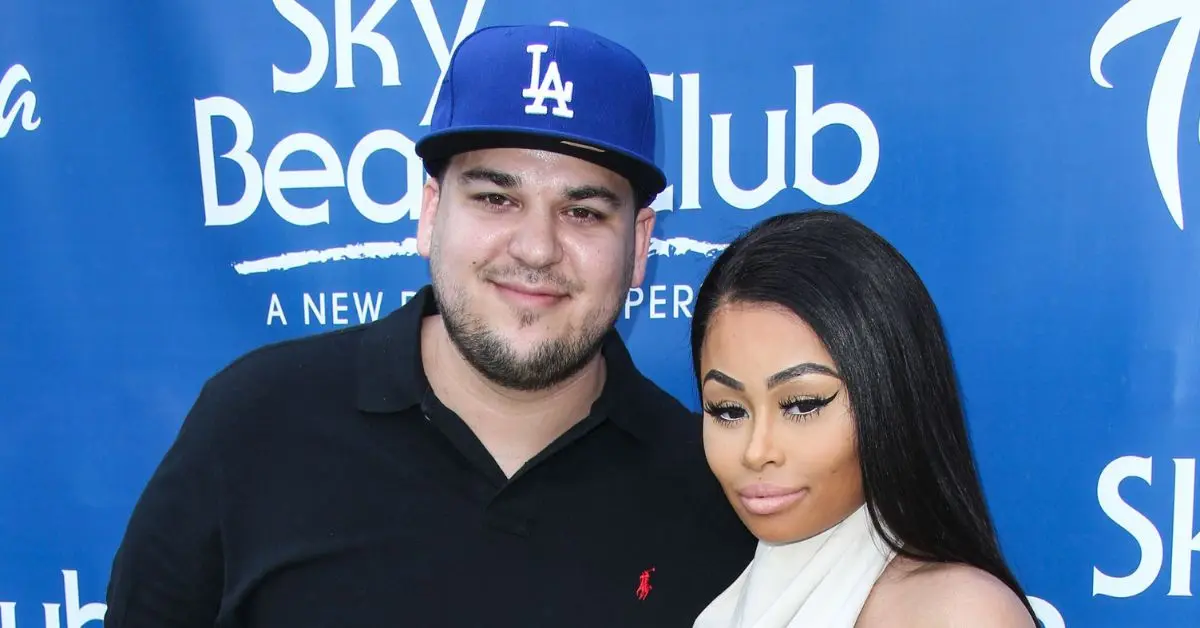Copyright The Boston Globe

ARTIFICIAL INTELLIGENCE OpenAI said Tuesday it is introducing its own web browser, Atlas, putting the ChatGPT maker in direct competition with Google as more internet users rely on artificial intelligence to answer their questions. Making its popular AI chatbot a gateway to online searches could allow OpenAI, the world’s most valuable startup, to pull in more internet traffic and the revenue made from digital advertising. It could also further cut off the lifeblood of online publishers if ChatGPT so effectively feeds people summarized information that they stop exploring the internet and clicking on traditional web links. OpenAI has said ChatGPT already has more than 800 million users but many of them get it for free. The San Francisco-based company also sells paid subscriptions but is losing more money than it makes and has been looking for ways to turn a profit. OpenAI said Atlas launches Tuesday on Apple laptops and will later come to Microsoft’s Windows, Apple’s iOS phone operating system, and Google’s Android phone system. — ASSOCIATED PRESS MEDIA Warner Bros. Discovery, the owner of HBO, CNN, and the Warner Bros. movie studio, just hung a “for sale” sign on its business. In a lengthy statement released Tuesday morning, Warner Bros. Discovery said it was considering a variety of deals, including a sale of the entire company or a spinoff of some assets, in response to interest from multiple potential buyers. Warner Bros. Discovery’s announcement could set off a bidding war for one of Hollywood’s most iconic companies. A complete or partial sale of the media colossus would reshape the industry, shrinking the number of major companies and epitomizing Hollywood’s relentless march toward consolidation. Any deal could also get drawn into a political crossfire, since it would almost certainly need approval from the Trump administration. Skydance’s acquisition of Paramount was approved by federal regulators after CBS agreed to pay President Trump $16 million to settle a lawsuit in which he accused “60 Minutes” of hurting his presidential campaign. — NEW YORK TIMES TECH OnlyFans chief executive Keily Blair said that the company has paid out $25 billion to creators since it was founded in 2016. “There’s not very many companies that can talk about creating wealth for others rather than just profiteering,” Blair said at Bloomberg Tech in London on Tuesday. The London-based company allows content creators to offer subscription material directly to their fans. While much of the content is pornographic, the site also hosts creators focused on other topics such as fitness and food. OnlyFans makes money by taking a 20 percent fee on any subscriptions or content including videos, pictures, and chats sold via the platform. It skyrocketed in popularity during the COVID-19 pandemic, when many sex workers and celebrities were looking for ways to make money during lockdowns. — BLOOMBERG NEWS DEALS GE Vernova Inc. has agreed to buy the stake in transformer maker Prolec GE that it doesn’t already own as the artificial intelligence boom drives demand for products and services in the power sector. The energy equipment manufacturer will pay around $5.3 billion to acquire the remaining 50 percent in Prolec from joint venture partner Xignux, according to the company. Electricity demand is soaring globally as the data centers needed for Big Tech’s AI objectives soak up energy, on top of the broader electrification of the economy. Data centers are projected to consume about 4.4 percent of global electricity by 2035, according to BloombergNEF. That’s so much power that if the facilities were a country, they’d be the fourth-biggest consumer behind China, the United States, and India. GE Vernova, which spun off from General Electric Co. last year, has been a major beneficiary of the power boom, thanks in large part to the strength of its gas turbine business. The Cambridge-based company’s shares are up around 78 percent this year. — BLOOMBERG NEWS HEALTH CARE Most US adults are worried about health care becoming more expensive, according to a new AP-NORC poll, as they make decisions about next year’s health coverage and a government shutdown keeps future health costs in limbo for millions. About 6 in 10 Americans are “extremely” or “very” concerned about their health costs going up in the next year, the survey from the Associated Press-NORC Center for Public Affairs Research finds — a worry that extends across age groups and includes people with and without health insurance. Many Americans have other health care anxieties, too. The poll found that about 4 in 10 Americans are “extremely” or “very” concerned about not being able to pay for health care or medications they need, not being able to access health care when they need it, or losing or not having health insurance. Medicare beneficiaries are already shopping for next year’s coverage, and open enrollment periods for many other health plans are approaching quickly in November. Federal policies have left millions of people at risk of skyrocketing health insurance premiums or of losing their health insurance altogether. The findings show that many Americans are feeling vulnerable to spiking health care costs, with some expressing concerns about whether they’ll have coverage at all. — ASSOCIATED PRESS AUTOMOTIVE General Motors said on Tuesday that it was ending production of its electric van in Ontario, a move that will mean the loss of about 1,200 jobs. It was the second major blow to Canada’s automobile industry in less than a week. GM cited low demand for its BrightDrop delivery van, as well as the end of tax credits for electric vehicles in the United States. But Unifor, the Canadian union that represents autoworkers, blamed the company’s move on President Trump’s trade battle with Canada, which has made exporting cars to the United States more expensive. Last week, automaker Stellantis announced that it would move production of a new Jeep model from an idle factory in the Toronto suburb of Brampton to a plant in Illinois. — NEW YORK TIMES ENTERTAINMENT Buoyed by the runaway success of “KPop Demon Hunters,” “Happy Gilmore 2,” and the second season of “Wednesday,” Netflix’s third-quarter revenue grew 17 percent, with net income increasing by 8 percent, the company said Tuesday. The streaming giant said the higher results came from a mix of subscription growth, advertising, and other sales. “KPop Demon Hunters” — a movie produced at Sony Animation but released directly to Netflix at the end of August — is now the most-watched film in the streaming company’s history, with 325 million views. It was also the first Netflix movie to top the box office chart, when it was released for a weekend in August. (It will jump back into theaters over Halloween weekend.) The movie’s soundtrack has also topped music charts, and costumes for the five main characters are in high demand. On Tuesday, the company announced a deal with Mattel and Hasbro to sell toys, games, and role-playing products tied to the movie beginning in 2026. — NEW YORK TIMES



